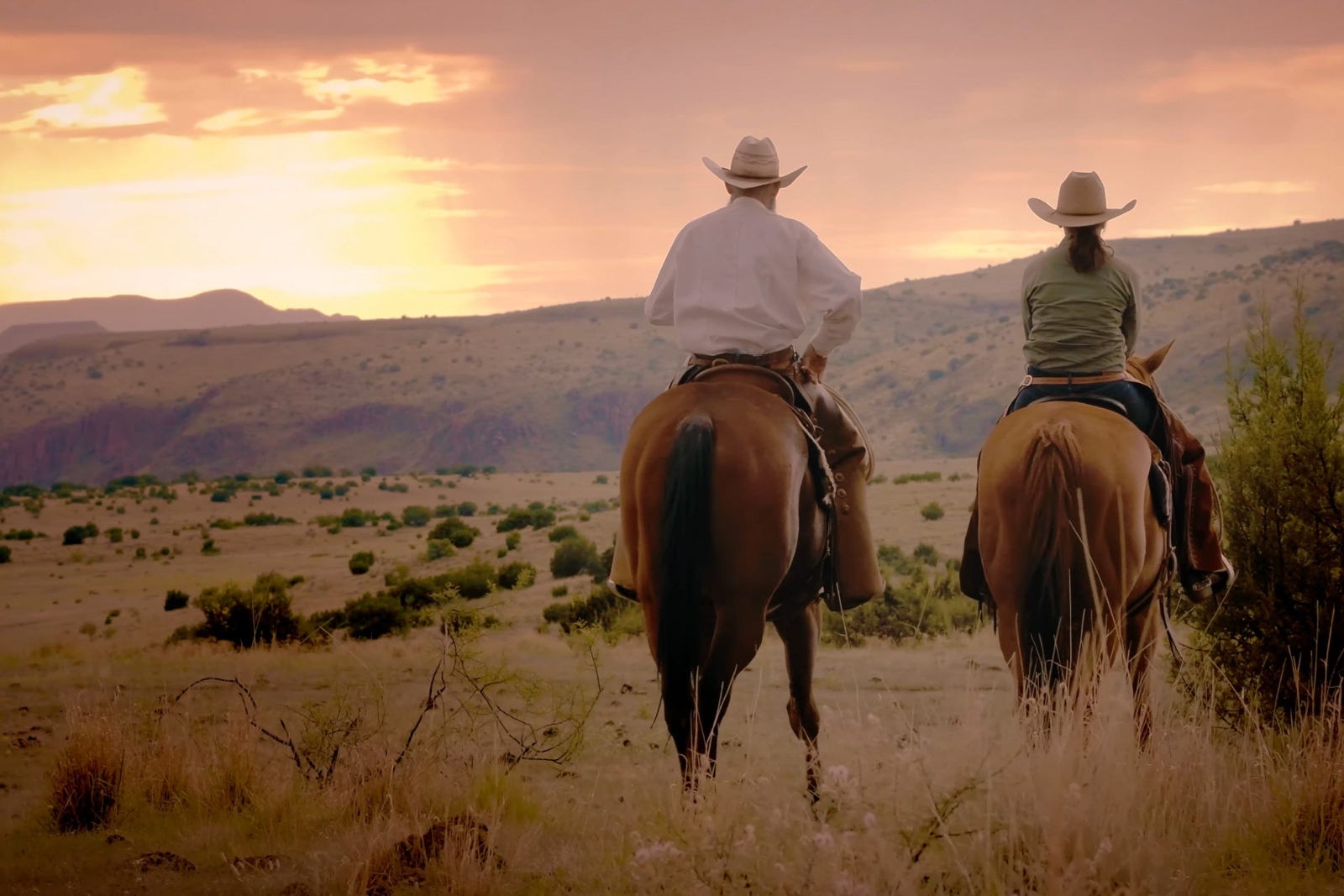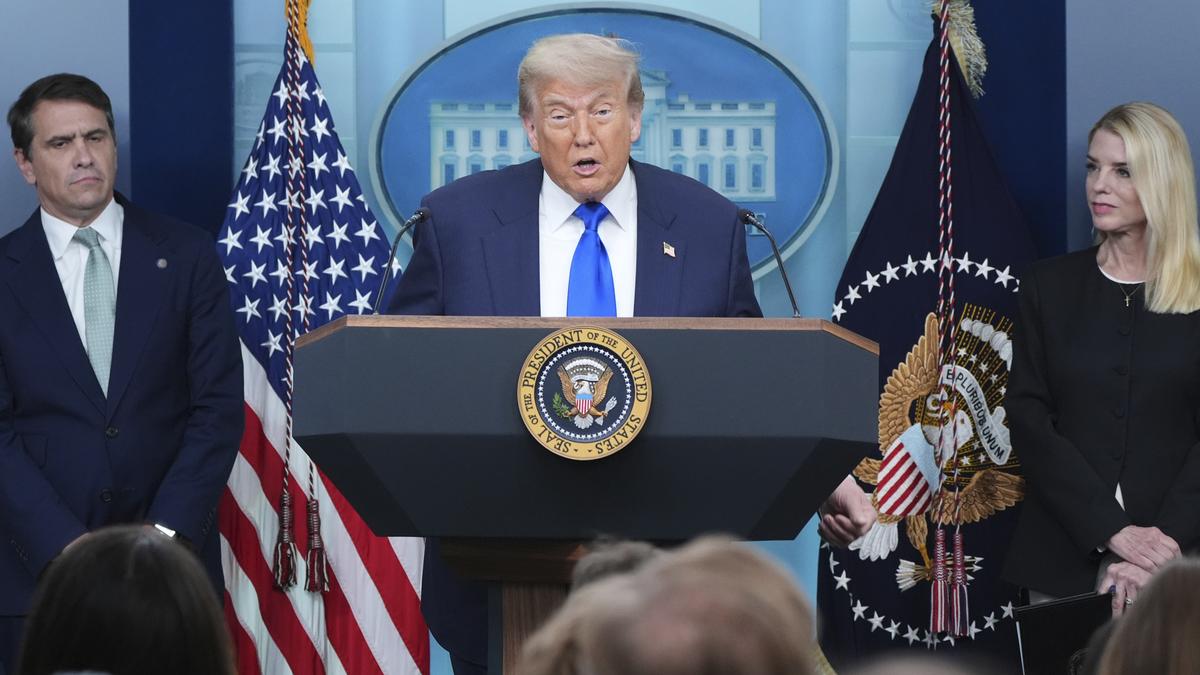Now Reading: Utah’s Push to Reclaim Public Lands: A Look Inside the PR Strategy
-
01
Utah’s Push to Reclaim Public Lands: A Look Inside the PR Strategy
Utah’s Push to Reclaim Public Lands: A Look Inside the PR Strategy

Speedy Summary
- Utah has been trying to transfer control of 18.5 million acres of federal public land from the U.S. government to state authorities, as part of a legislative and legal campaign that began in 2012.
- In 2024, Utah allocated $2.6 million (public funds) for a multi-year PR campaign by Penna Powers,a Salt Lake City media firm.
- The PR initiative named “Stand for Our Land” aimed to sway public opinion by portraying Utah as capable caretakers of public lands while depicting federal agencies as out-of-touch absentee managers.
- The campaign involved videos, newspapers ads, social media outreach, focus groups, actor-led storytelling (including controversial AI-generated voiceovers), and geofenced digital targeting in Washington D.C.
- Internal communications indicated manipulation such as exaggerating road closure signage and avoiding “too scenic” imagery to counter conservation narratives.
- Critics called the initiatives propaganda aimed at privatization or extraction from public lands rather than preserving access for residents or recreationists. tribal leaders labeled it an “existential threat.”
- Public polling shows that Western voters strongly oppose transferring land management from federal agencies; only 43% of Utahns support such transfers despite the PR blitz.
Indian Opinion Analysis
Utah’s enterprising push for control over large swaths of federally-managed land illustrates tensions between state authority and federal oversight-an issue resonant not just in the U.S., but also familiar in India’s states-versus-center governance debates over resources like forests and water bodies. While proponents argue greater local accountability is needed for better resource management, critics contend these moves risk privatization which might restrict access for vulnerable communities including indigenous populations-a concern echoed worldwide when governments attempt regulatory decentralization.
The use of taxpayer funds on targeted campaigns-especially when it involves manipulative tactics like staged narratives or exaggerated visuals-is troubling irrespective of political orientation. As seen here with mixed public reception among Utah residents themselves, spending millions may not always align with broader societal views on environmental stewardship versus economic priorities.Further learning could be drawn here: similar situations-should they arise within indian jurisdictions dealing with shared natural resources-would require careful balancing between localized decision-making power alongside wider inclusivity at national forums representing all citizens’ rights equally beyond regional interests.
























